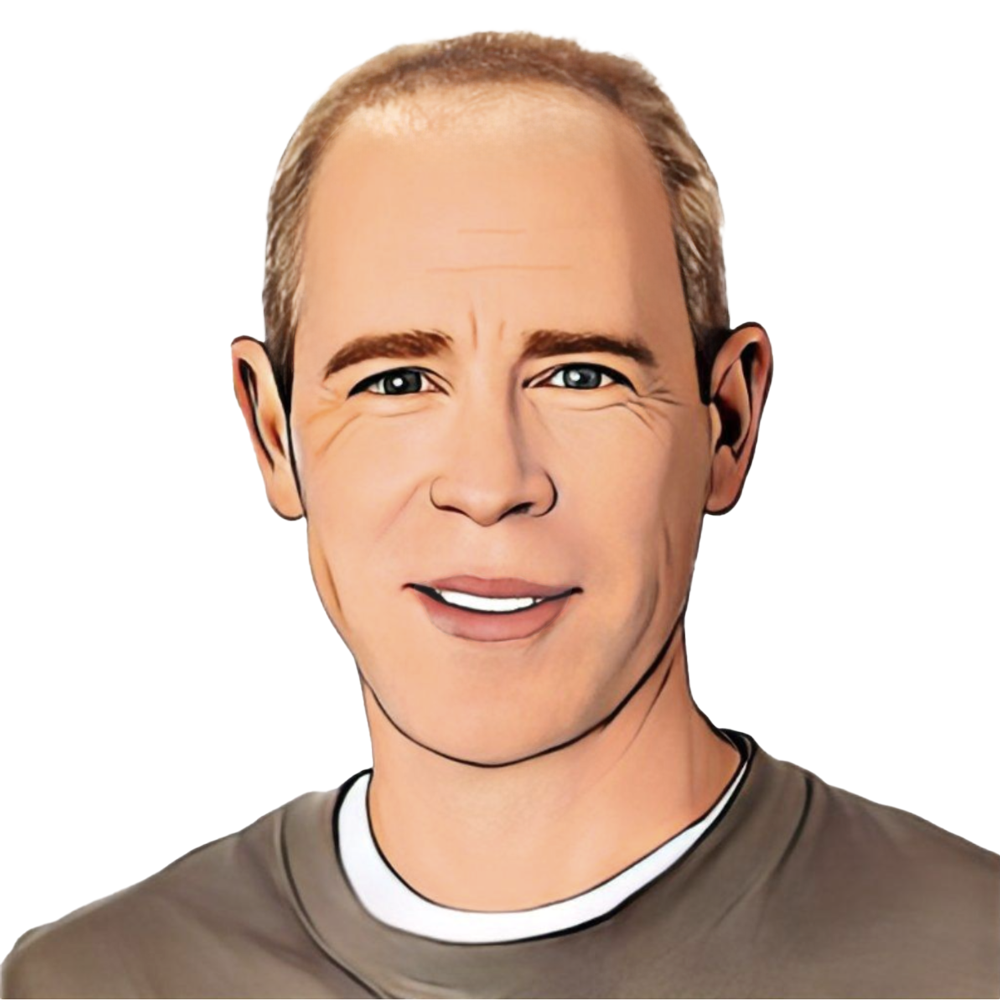Stories from Lore
"This has really changed my life. Knowing what's wrong and how to address it. Getting to the solution [with my health problem]."

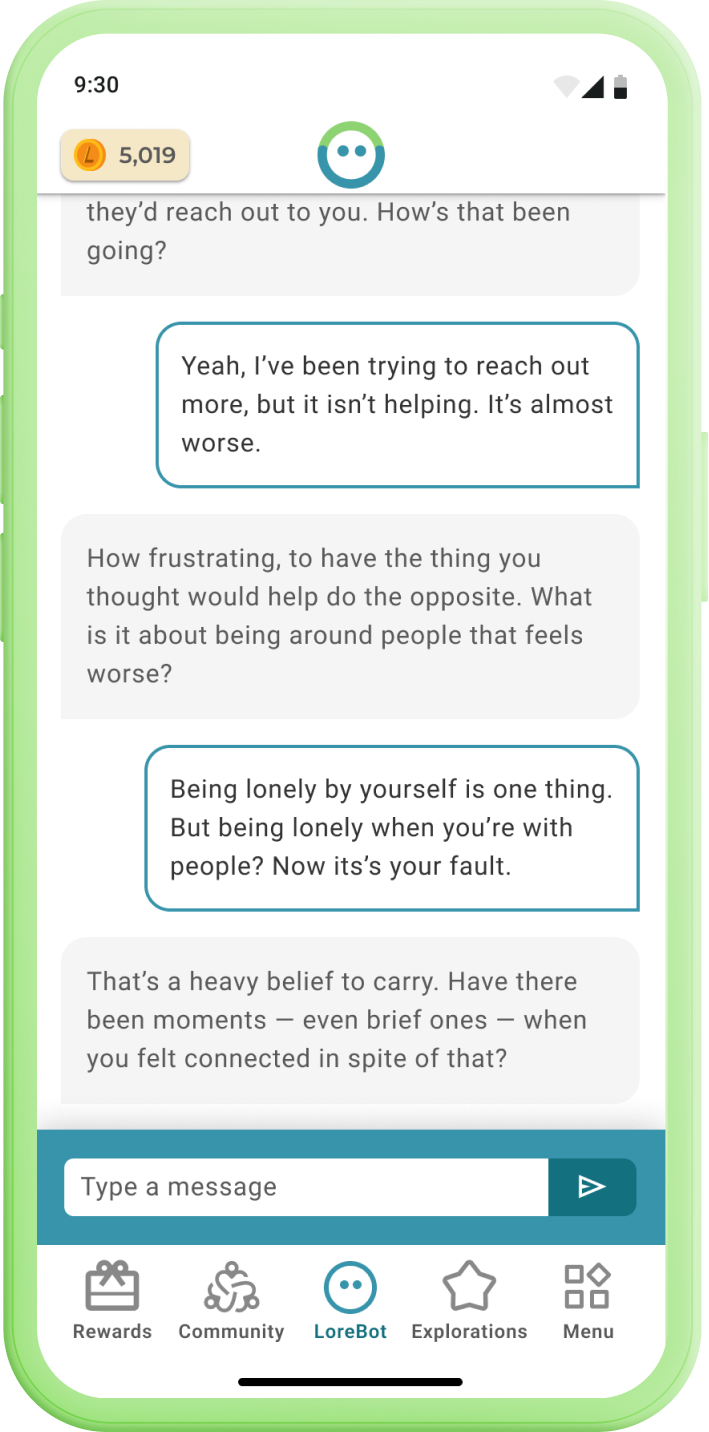

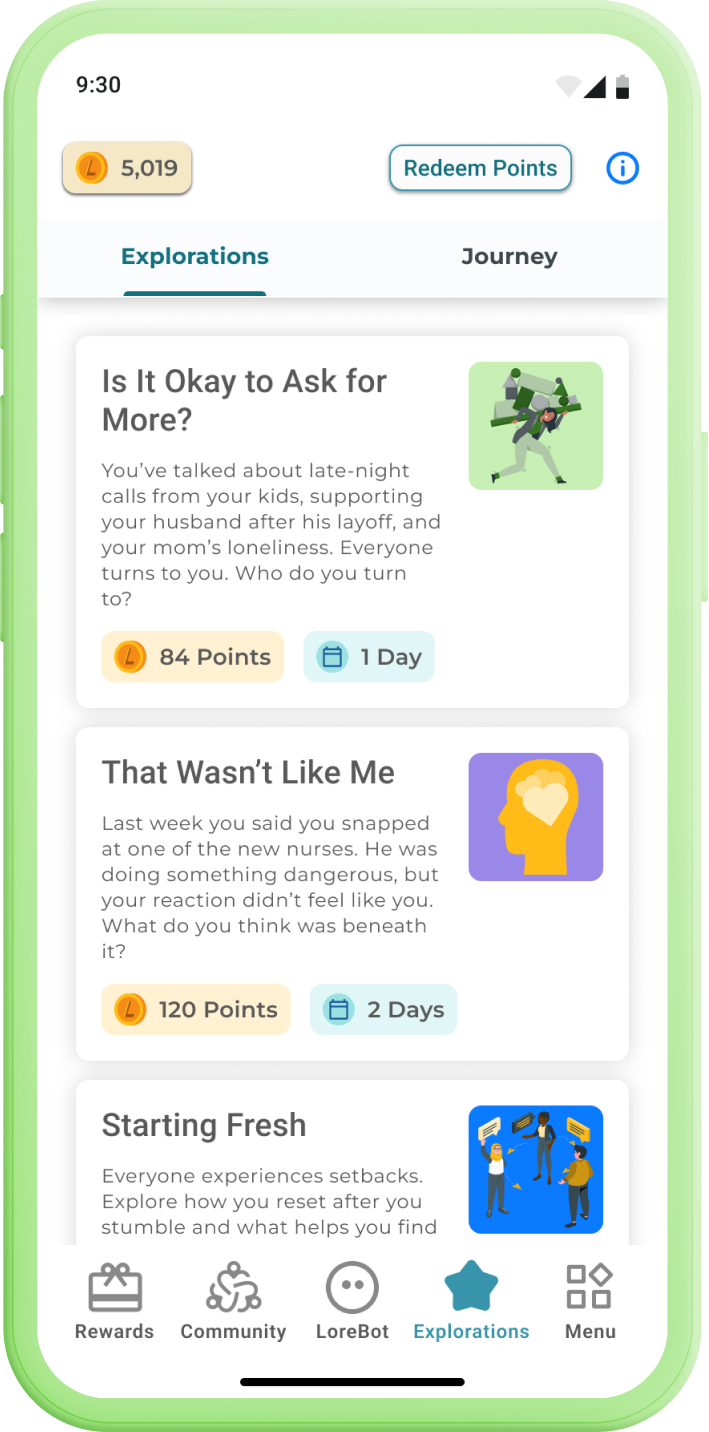
Conversations in Lore earn you points you can turn into rewards, like up to several hundred dollars gift cards.
LoreBot is your confidential conversation partner, here to help you talk through whatever's on your mind.
In Lore's anonymous community, you can swap ideas, get fresh perspectives, and be reminded you're not in it alone.
There's no program to follow. Just start chatting, and Lore will help you find your way to better days.
Pediatrician and healthcare leader with 30 years of experience, Mark has spent his career shaping how people see and experience care in everyday life — from the ways they care for themselves to their interactions with the healthcare system. Before joining Lore, he served as Chief Physician Executive and a board trustee at Intermountain Health.
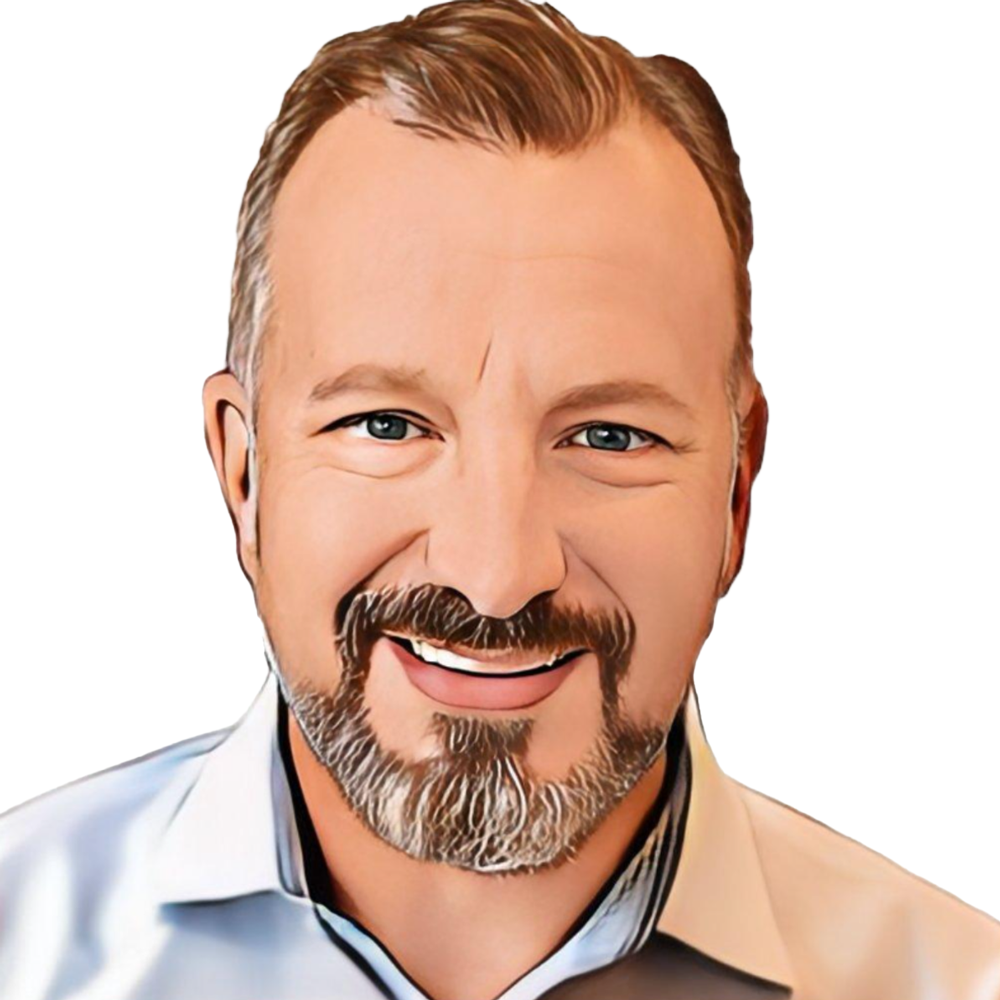
Sara's work spans the fields of technology and behavioral health, with a focus on building tools that respond thoughtfully to human emotions. A former machine learning engineer at Apple and an award-winning mobile game designer, she brings technical rigor and craft to creating clean, compelling digital experiences.
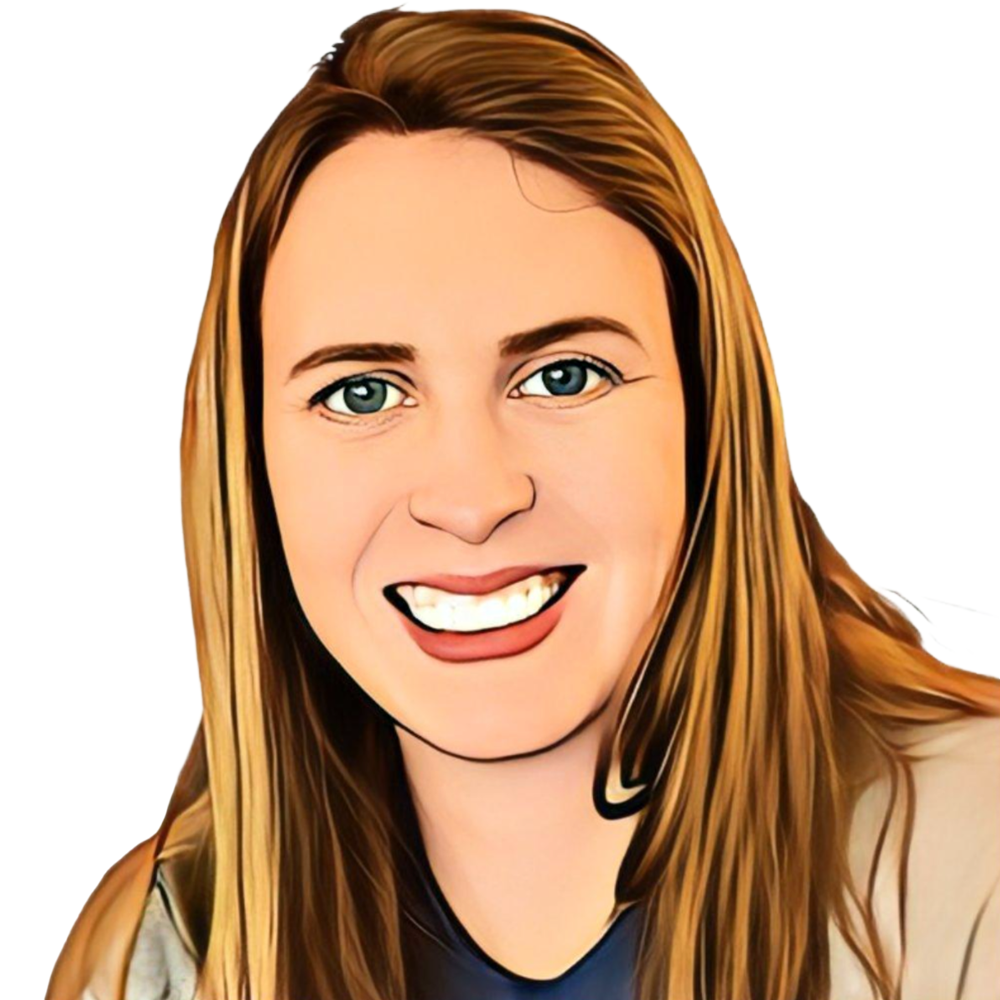
Jim is a physician with decades of experience caring for patients and supporting the clinicians and teams who deliver care. Before joining Lore, he served as Chief Medical Officer at Scripps Health, where he focused on physician development, resolving challenges in care delivery, and improving how care is designed and delivered across the system.
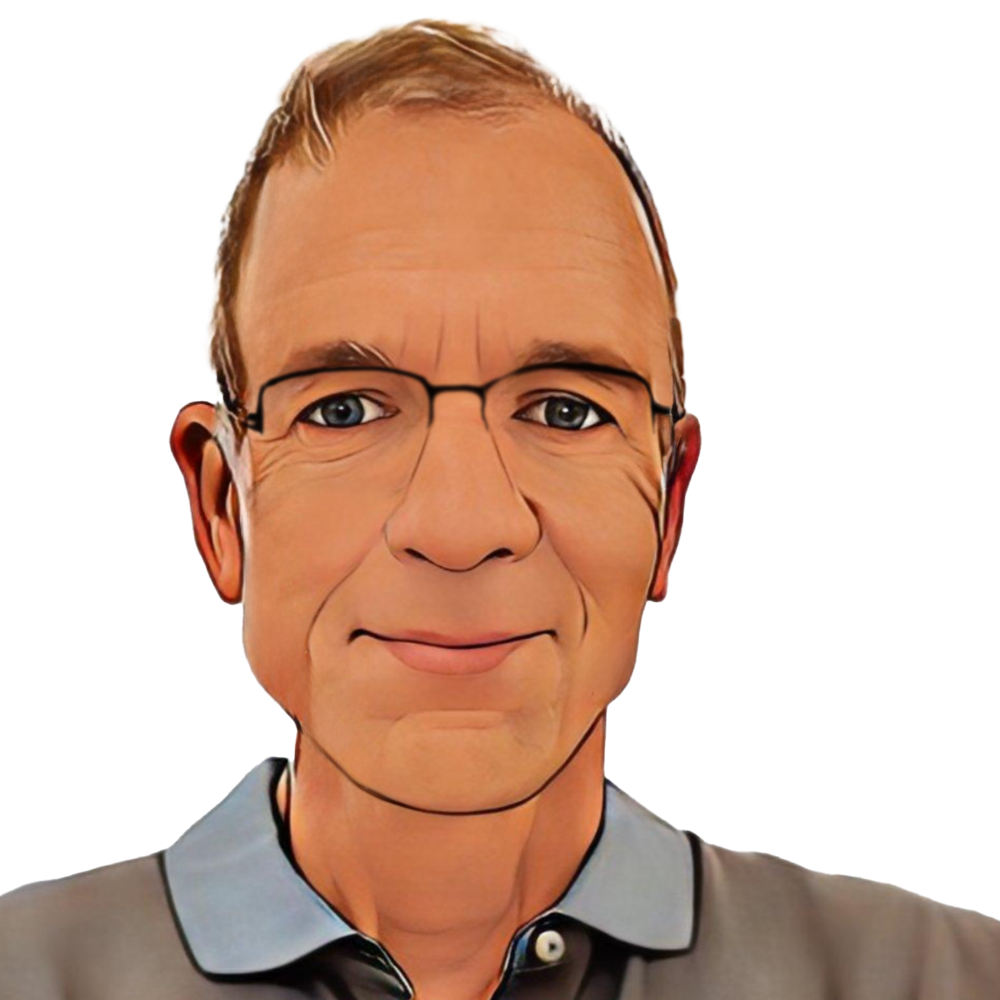
Operational thinker with a knack for bringing ideas to life within complex systems, Shiraz has launched new products, rearchitected major parts of a large health system, reimagined leadership models, and made systems work better for the people who are part of them. Previously, Shiraz served as the Chief Operating Officer of Scripps Health.
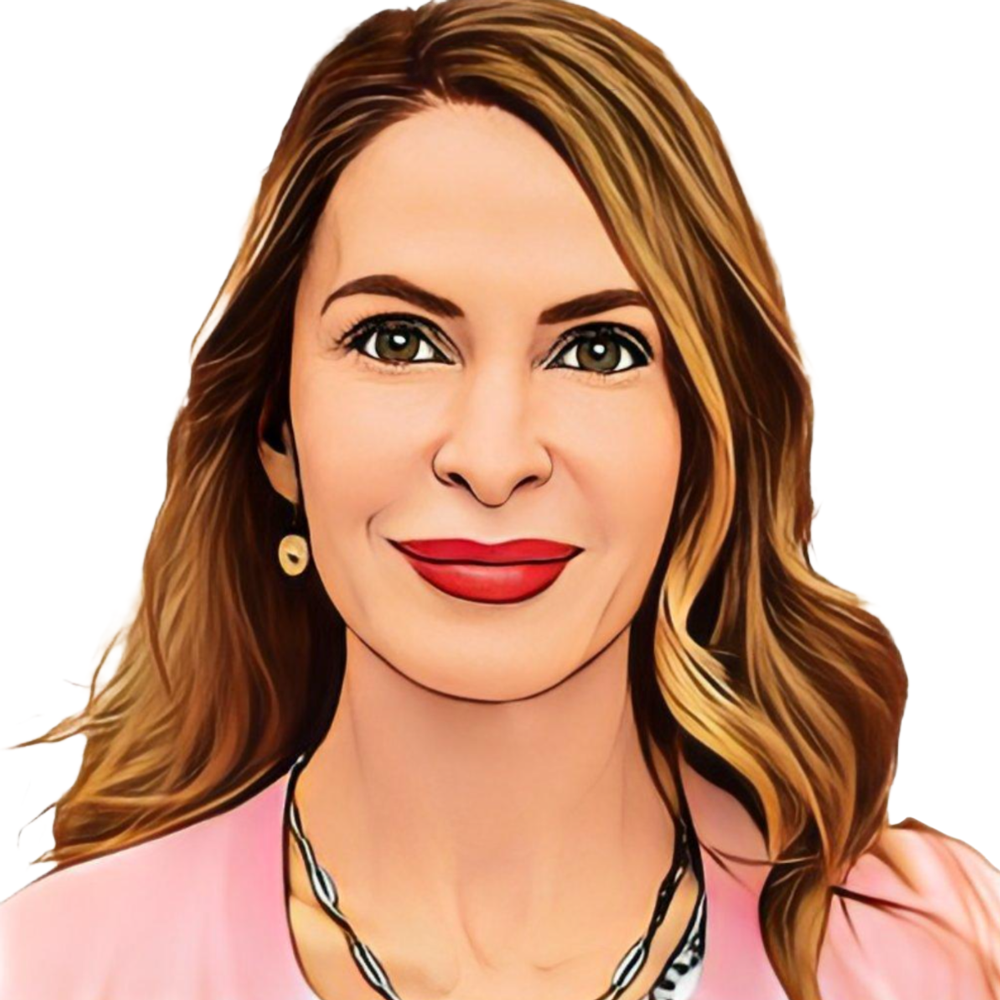
Adam is a health service psychologist and lifestyle medicine expert with over 20 years of experience helping people — particularly older adults — make meaningful changes to improve their daily lives. He previously served as Director of Behavioral Health and Lifestyle Medicine across a network of regional community health centers, developing and leading programs that supported patients at all stages of life.
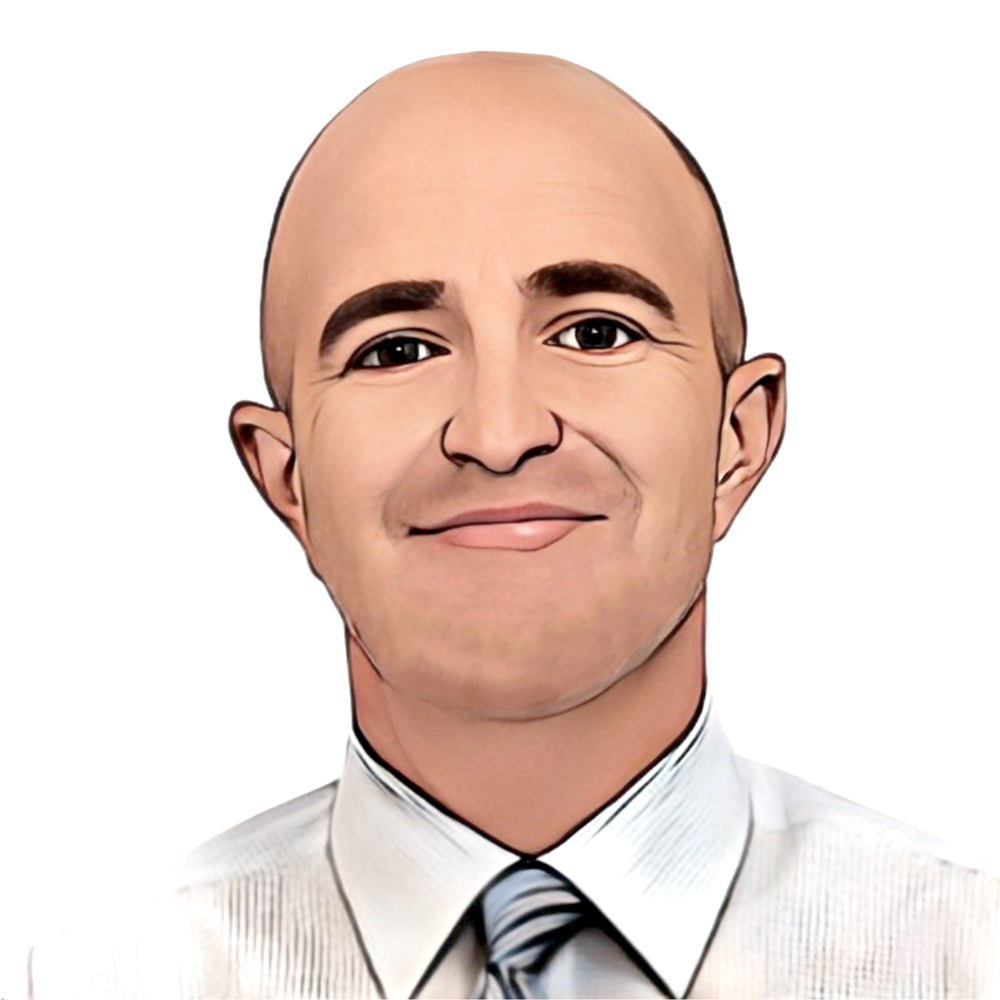
Natalie is an applied mathematician with deep expertise in building predictive models and machine-learning systems that make healthcare smarter and more human. She previously guided teams from UnitedHealth Group and Optum, designing ethical and interpretable AI tools that spanned from infectious-disease forecasting to precision treatment.
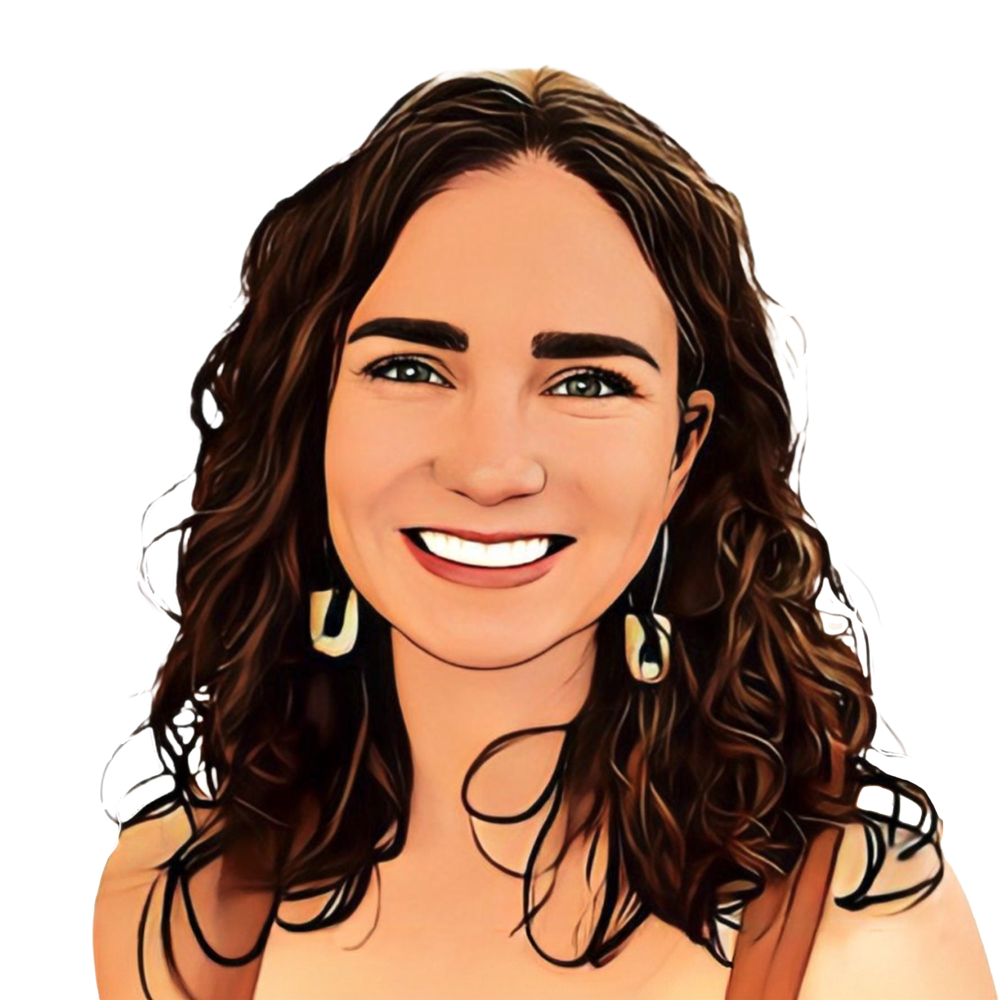
Engineer of financial resilience, Greg steers organizations through transformation with a deep understanding of how people, technology, and operations move together. He served as Vice President of Finance at Intermountain Health for fifteen years, leading planning and investment efforts that sustained growth through major economic and industry volatility.
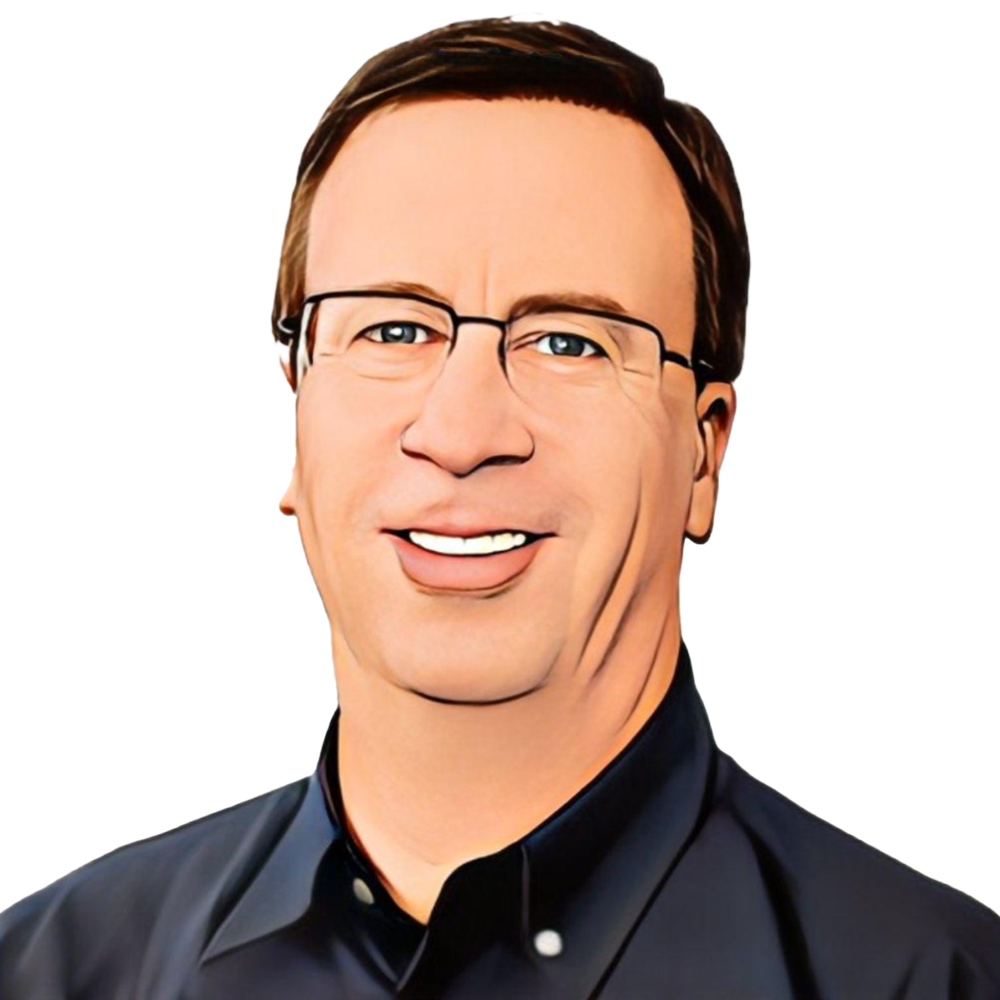
Architect of multiple award-winning insurance products that turn uncertainty into opportunity and make bold bets safer to make, Mike was formerly Executive Vice President of UnitedHealth Group and served as head of underwriting for UnitedHealthcare.
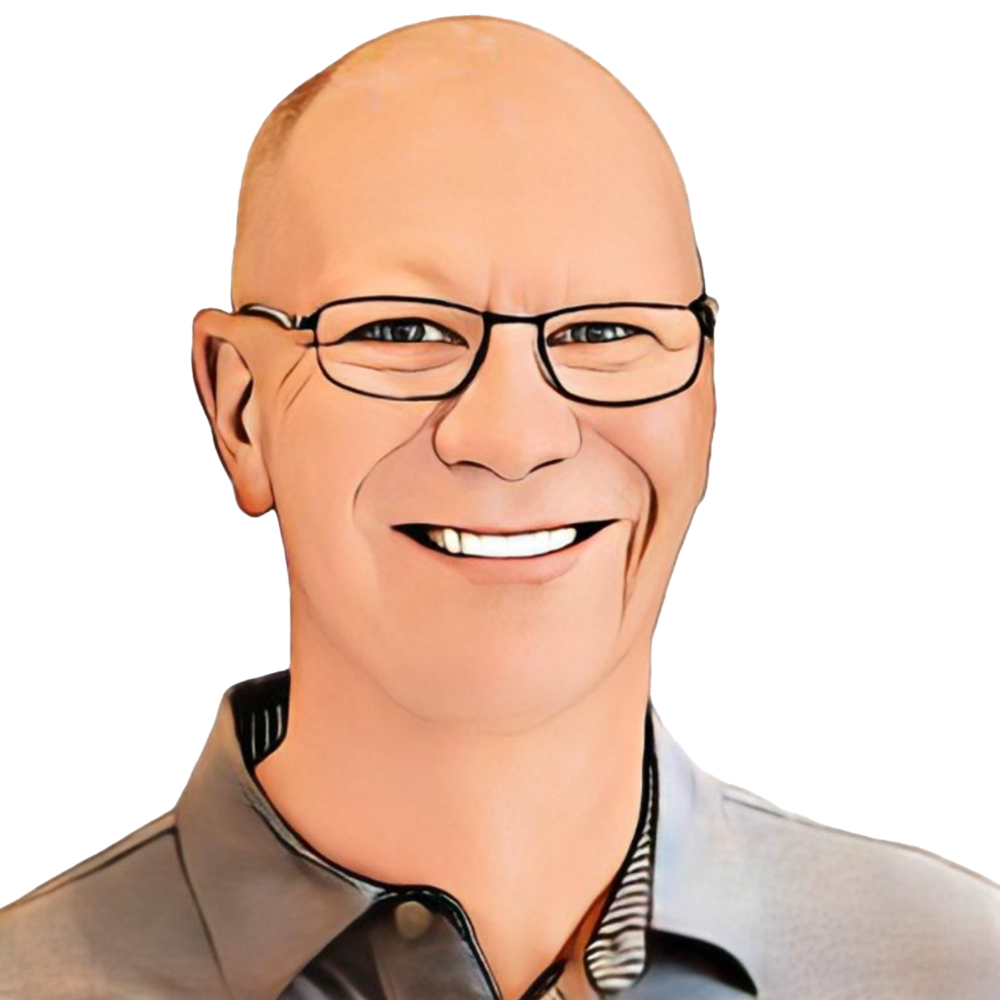
Strategist and architect of data-driven healthcare products, Scott designed a factory approach to building healthcare businesses. He is the former technology lead for UnitedHealth R&D and has developed multiple novel behavior-change programs and businesses.
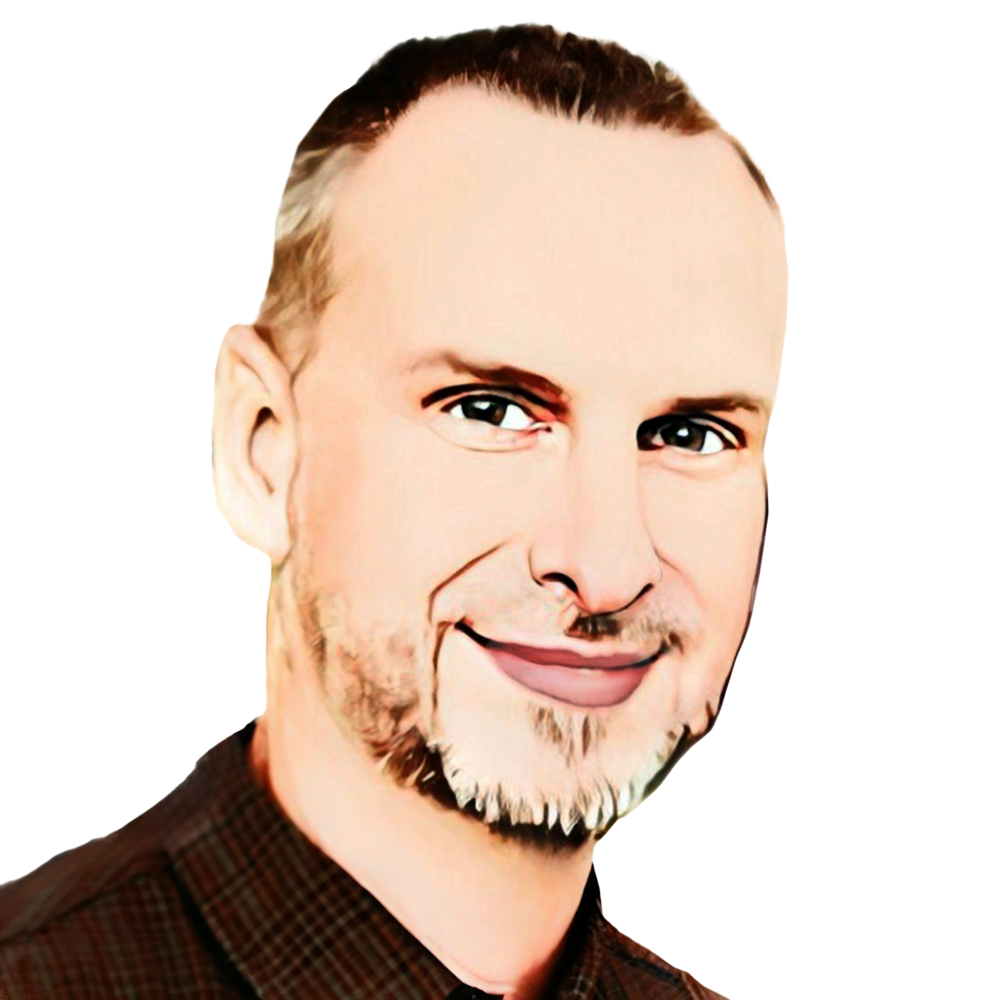
Founder of multiple startups, including pioneering the concept of earned benefits — using clinical interventions to unlock financial and behavioral change — Ken was previously the Chief Scientific Officer of UnitedHealth Group where he led research and development.
